
Susan Laughs
Illustrator:
Tony Ross Age Level:
6-9 Genre:
Fiction 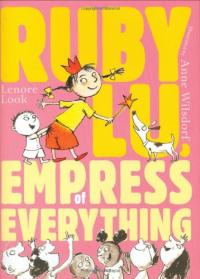
Ruby Lu, Empress of Everything
Illustrator:
Anne Wilsdorf Age Level:
6-9 Genre:
Fiction 
Clementine
Illustrator:
Marla Frazee Age Level:
6-9 Genre:
Fiction 
If You’re So Smart, How Come You Can’t Spell Mississippi?
Illustrator:
Mike and Carl Gordon Age Level:
6-9 Genre:
Fiction 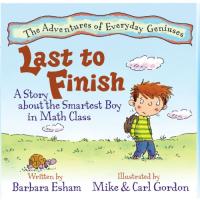
Last to Finish: A Story About the Smartest Boy in Math Class
Illustrator:
Mike and Carl Gordon Age Level:
6-9 Genre:
Fiction 
Mrs. Gorski, I Think I Have the Wiggle Fidgets
Illustrator:
Mike and Carl Gordon Age Level:
6-9 Genre:
Fiction 
Stacey Coolidge’s Fancy-Smancy Cursive Handwriting
Illustrator:
Mike and Carl Gordon Age Level:
6-9 Genre:
Fiction 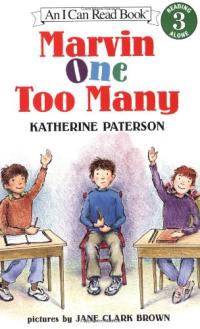
Marvin One Too Many
Illustrator:
Jane Clark Brown Age Level:
6-9 Genre:
Fiction 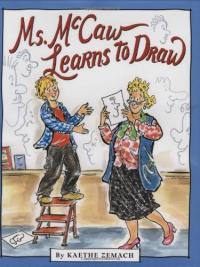
Ms. McCaw Learns to Draw
Age Level:
3-6 Genre:
Fiction 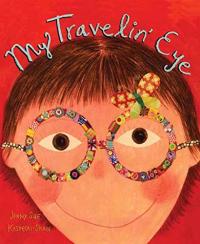
My Travelin’ Eye
Age Level:
3-6 Genre:
Fiction 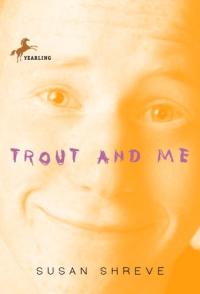
Trout and Me
Age Level:
9-12 Genre:
Fiction 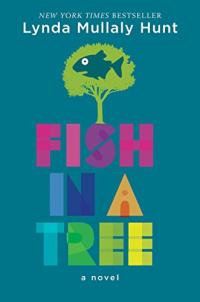
Fish in a Tree
Age Level:
9-12 Genre:
Fiction 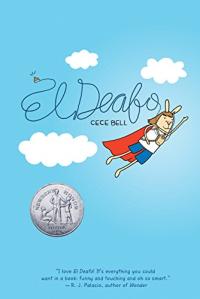
El Deafo
Age Level:
9-12 Genre:
Fiction 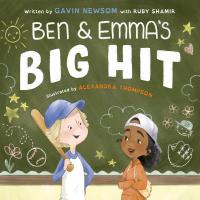
Ben and Emma’s Big Hit
Illustrator:
Alexandra Thompson Age Level:
6-9 Genre:
Fiction 